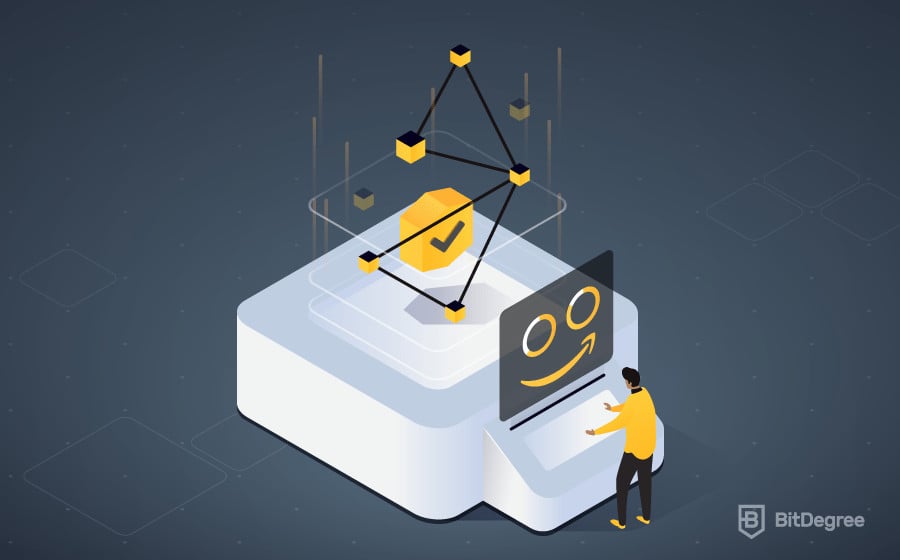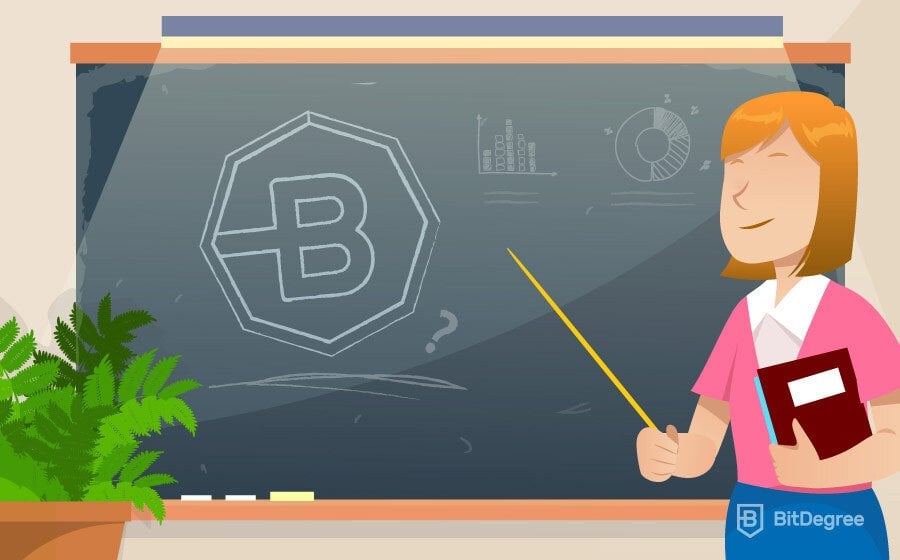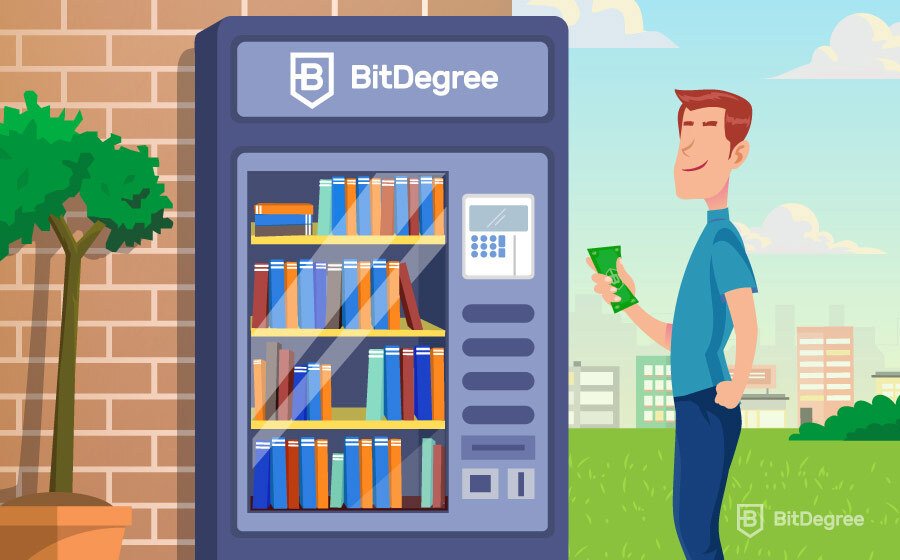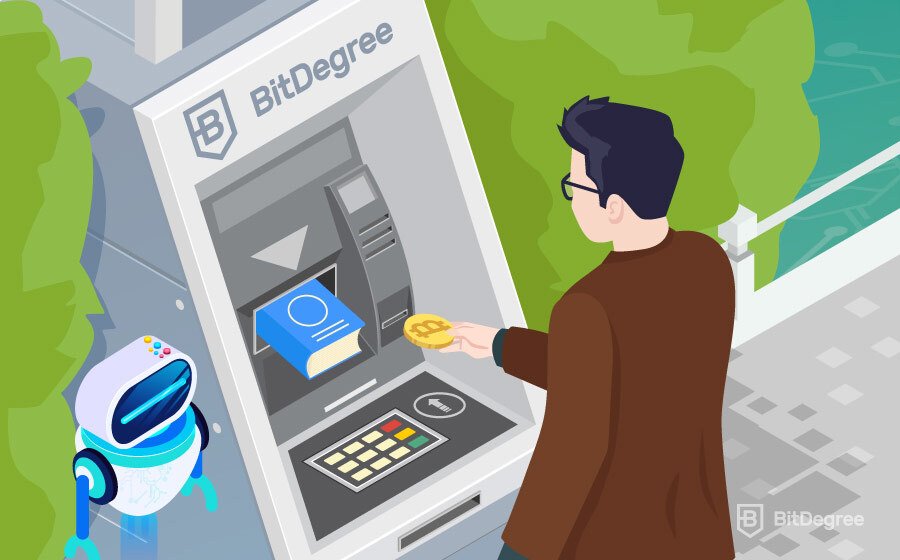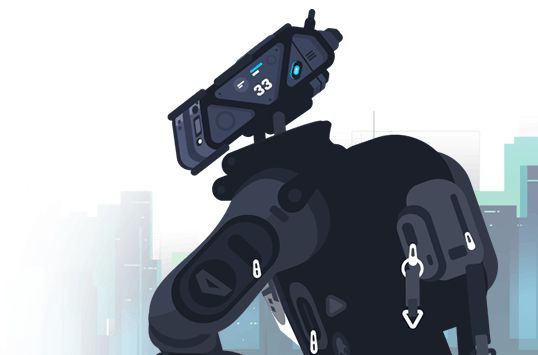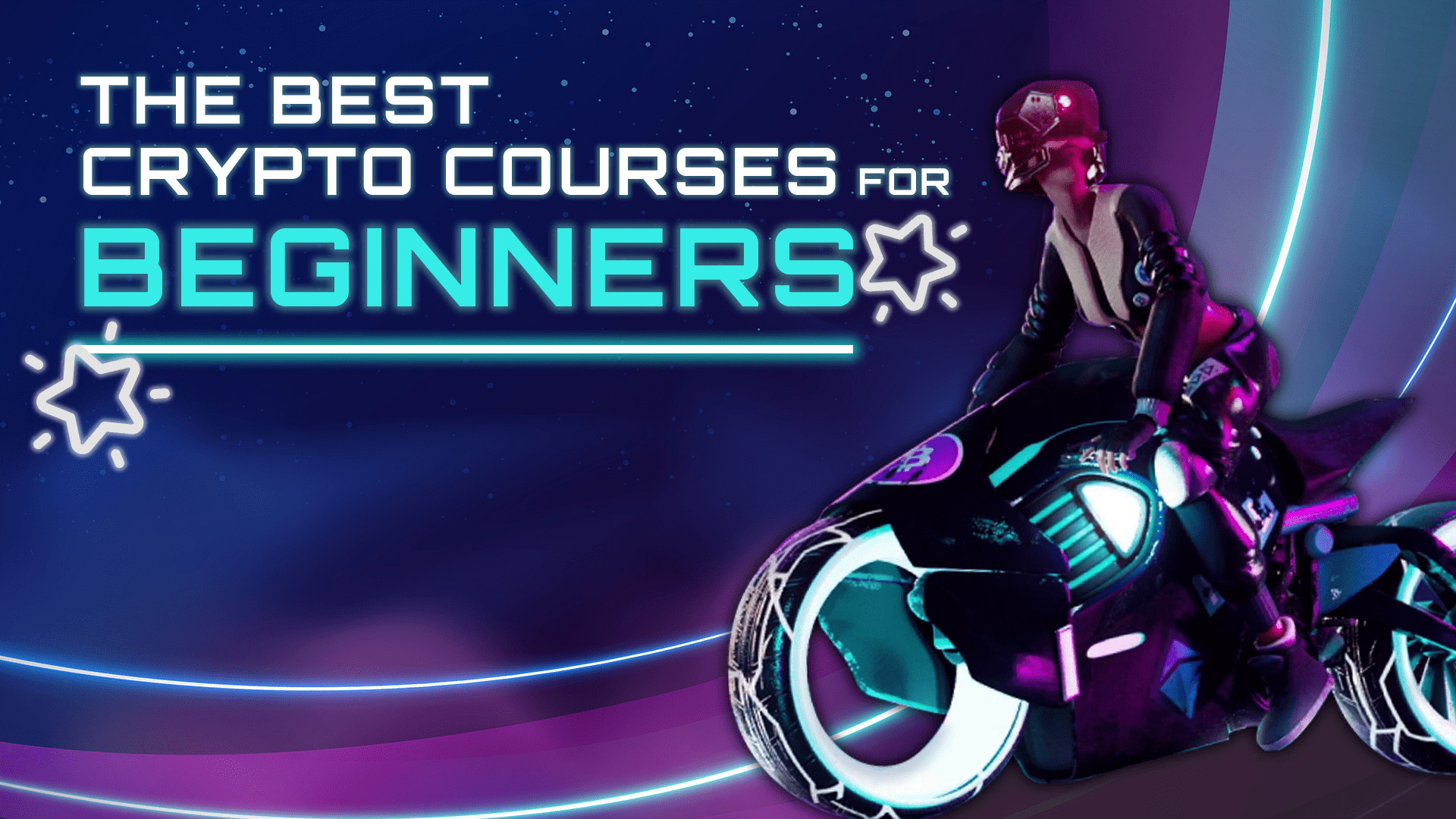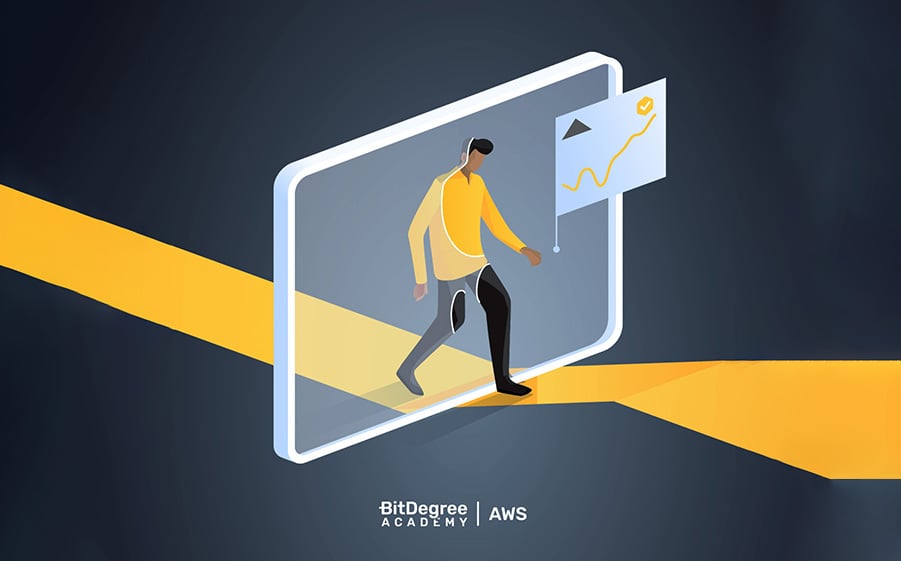What Learning Cloud Computing Actually Means
Before you start googling how to learn cloud computing, you need to first decide what level of proficiency you’re aiming for. There are two main ways you could tackle this – both are great in terms of career prospects, but the achievements they point at are rather different.
If you don’t want to work in tech specifically, you could choose to learn cloud computing enough to be able to use cloud platforms and services in your daily work. This skill is pretty universal: there’s a ton of industries using cloud infrastructure, including but not limited to IT, healthcare, education, government, law, and marketing.
When it comes to cloud computing, learning it as a user would mean understanding the different products and services a certain provider offers, being able to choose the best ones for each use case and manage your usage according to the budget you have. This means that you don’t need to be an IT specialist, know how to code, or have previous experience in programming learn cloud computing and find it useful in your daily life: it’s a skill you will use in marketing, management, finances, and a ton of other roles.
If instead of merely using cloud solutions you’d want to design, troubleshoot, and operate them yourself, you need to learn cloud computing in much more depth – and that’s a whole other story. To qualify for a cloud architect or other similar role, you will be needing years of experience with cloud infrastructures and profound knowledge of their architecture. Moreover, when you start looking at how to get into cloud computing, potential employers are a lot more likely to ask for certain credentials (e.g., certifications) to prove your expertise, as you’re not very likely to simply learn as you go.
How to Learn Cloud Computing for Non-Techies
If your goal is to learn cloud computing well enough to feel comfortable with using it in a workplace that utilizes cloud architecture, you have multiple options. Just like with any subject, you can choose from books, courses, YouTube tutorials, and a ton of other resources. However, there is one question beginners tend to ask: where does one begin?
Before you start googling cloud computing courses, we’d advise you to pick a cloud platform you want to master first. Sure, you’ll have to begin with the basic concepts of cloud computing, but that’s just the first step: to be actually able to use them in practice, you’ll need to decide on a cloud service provider. Once you master, let’s say, Amazon Web Services (AWS), you’ll find it a lot easier to get started with Microsoft Azure, Google Cloud, or any other platform you might need to use for work. And it’s not an accident we mentioned AWS in the example: going with an industry leader is always a safe choice, and AWS currently occupies almost 48% of the global cloud market.
Next, look into certification programs the biggest providers are offering. Don’t get spooked by very tech-sounding titles like SysOps Administrator or DevOps Engineer you’ll find on the lists: what you need right now is a Foundational level certification, which most programs provide as a pretty universal stepping stone into learning cloud computing (e.g., AWS Cloud Practitioner or Microsoft Azure Fundamentals). Aiming at a professional user of these platforms, these certifications outline all the key abilities required to use them without any hiccups along the way.
Even if you decide against taking the certification exam, it’s a good idea to look into exam-oriented training, as it will cover all the essential topics you need to get down to learn cloud computing.
How to Get Into Cloud Computing as a Pro
Now, if you want to learn cloud computing on a much more professional level and not simply be familiar with the platform as a user, certifications are more of a necessity than a choice. You do need to be able to prove your expertise to recruiters and potential employers, and credentials like these are basically the only foolproof way to do it (aside from presenting a portfolio of projects – but these take a lot more time and effort to complete!).
These days, you can already enroll in a formal cloud computing learning program at a university (e.g., here) – however, it’s an option you should consider very carefully. While it does provide you with a comprehensive set of knowledge and skills, it also takes multiple years and costs thousands of dollars. Supplementary courses, networking, and other university experience might be good for young people, but it’s hardly an option for those who wish to learn cloud computing a bit later in life. Plus, it’s virtually impossible to expect the curriculum to cover the latest versions of top cloud platforms, as they improve and expand much faster than the course materials are prepared, updated, and confirmed (e.g., AWS presents a handful of new products and services during the AWS re:Invent global conference at the end of every year).
Learning cloud computing from practice is also not really an option in this case: while it is possible (time-consuming and tricky, yes, but possible) if you only want to be proficient as a user, you won’t learn to build and troubleshoot solutions by touch. Experience is great, but it’s not the whole package. If you already have some skill but want to learn cloud computing on an expert level, look into Associate or Professional level certifications and their training programs: not only will you get a much clearer idea on what you should be capable of to work in these positions, but you’ll also be able to get a proof of possessing those capabilities once you actually obtain them.
Associate and Professional level certifications (AWS has a Specialty category, too) are role-based, which means they’re more specialized than Fundamental credentials and let you learn cloud computing in much mode depth (as opposed to dipping your feet in a wide range of topics). That’s precisely why you don’t really need to spend years in university classes to learn cloud computing: if you already have a role you’d like to occupy, you can get through it a lot faster with a goal-oriented approach and get certified as a professional in a lot less time.
If instead of how to learn cloud computing, you’re interested in what to learn to master cloud computing, here’s a short rundown of the things you must be familiar with to find your footing in this exciting and innovative sector:
- Operating systems – it would be best if you knew your way around Linux OS, but knowledge in Windows tools (e.g., CMD and PowerShell) will also prove useful
- Storage – there’s no way of getting around administering systems without it
- Networking – using computer networks to exchange data
- Virtualization – using virtual environments (e.g., VMware)
- Automation – performing routine procedures without human intervention
The Next Steps to Take
Understanding how much you actually need to know about cloud computing and choosing a training program for a certification that suits your needs well is a foolproof way to get the knowledge as well as practical skills that a job position requires. However, we’d advise you not to stop with obtaining a single badge: the more you know, the more flexible you are, and the more attractive you seem to potential employers. Explore other platforms, stay tuned with the latest products, follow their updates and upgrades – after all, it’s passion and enthusiasm that make a great cloud computing professional!
